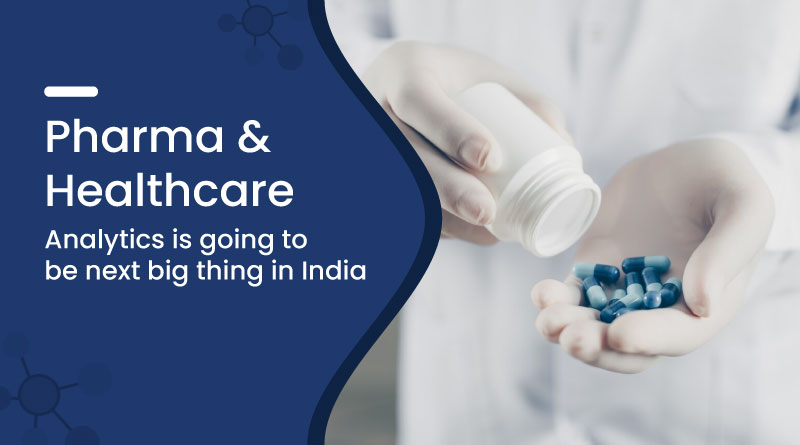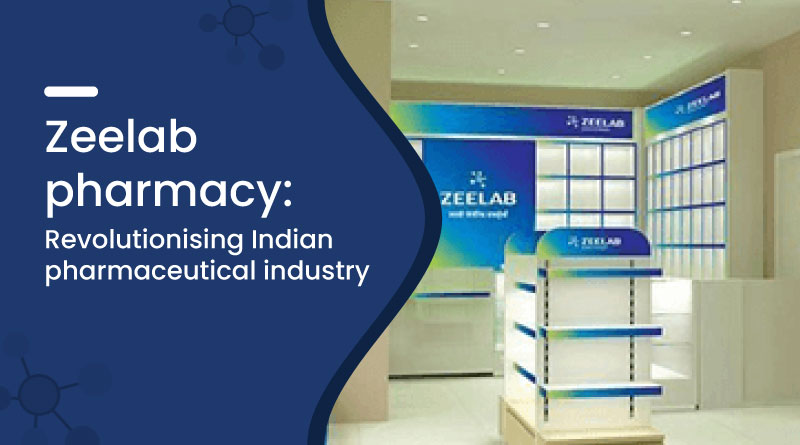Pharma & Healthcare Analytics is going to be next big thing in india


The Indian pharmaceutical industry has emerged as a big contributor to the worldwide pharmaceutical industry. As per the report by the Federation of Indian Chamber of Commerce and Industries (FICCI), “India is that the largest provider of generic drugs globally. Indian pharmaceutical sector industry supplies over 50 percent of worldwide demand for various vaccines, 40 percent of generic demand within the US, and 25 percent of all the drugs within the UK. Presently over 80 percent of the antiretroviral drugs used globally to combat AIDS (Acquired Immune Deficiency Syndrome) is supplied by Indian pharmaceutical firms.”
In 2017, the Indian pharmaceutical industry was valued at $33 billion. The industry is predicted to grow at a CAGR of 22.4 percent over 2015–20 to succeed in $55 billion. India’s pharmaceutical exports stood at $17.27 billion in 2017-18. In 2018-19 these exports are expected to cross $19 billion.
The Indian pharmaceutical companies majorly contain two segments namely API’s (Active Pharmaceutical Ingredients) and formulations. API's or bulk drugs are raw chemical ingredients that are used to manufacture formulations. Formulations are the top products made to treat different sorts of ailments and these are in the form of tablets, injections, syrups, etc. Both bulk drugs and formulations are usually available in both branded and generic forms. Branded products are those that are usually invented and patented by that respective company. Generic products are exactly like branded pharma products in formulation usage and action. These generic drugs are produced once the patent of the inventor company expires. Generic drugs are much cheaper than branded drugs. 70% of revenue within the Indian pharma industry is from generic drugs
Recent Blogs
Disclaimer : Zeelab Pharmacy provides health information for knowledge only. Do not self-medicate. Always consult a qualified doctor before starting, stopping, or changing any medicine or treatment.
















 Added!
Added!